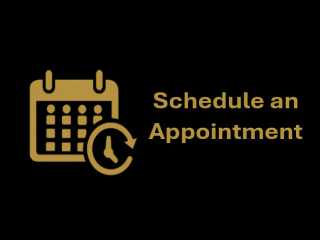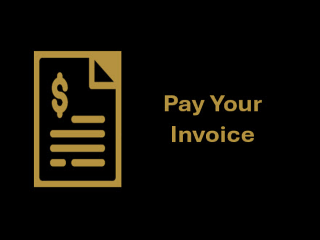The answer to the question “Should I talk to a police officer or detective who tries to contact me or says they need to talk to me?” is simple: NO. Absolutely Not.
Our police officers and detectives deserve our respect and common courtesy based upon the trust the community has placed in them. There is no reason to be disrespectful or rude. Just ask to speak with your attorney and call me at 502-509-1400.
Federal and Kentucky law is very clear on this issue: you do not have to call or talk to a police officer or detective who attempts to contact you. It doesn’t matter if they are investigating petty theft, a drug offense, an issue of domestic violence, a robbery or a murder. You absolutely and always have the right to remain silent and to speak with an attorney before speaking with an officer of the law.
Be smart. Remain Silent. Speak with our experienced criminal attorney.
My name is John Schmidt and I have been a criminal defense attorney serving Shepherdsville and all of Bullitt County Kentucky for several decades. You are not required to talk to a police officer or detective under federal or Kentucky law. Choosing to protect your own rights and interests and remaining silent until you have had the benefit of legal counsel doesn’t make you look guilty. It is a basic and fundamental right provided to all of us as citizens. If law enforcement has contacted you, you need to contact me.
If you are in direct communication with a police officer or detective or they catch up with you unexpectedly simply tell them “I have the right to remain silent, I want my attorney.” Then call me for a free consultation at 502-509-1490.
I am often asked if a client should talk to a police officer or detective and the simple reason the answer is “No” is that we have a fundamental as a citizen not to incriminate ourselves. I strongly believe in that right. There is one primary reason a police officer or detective would want to speak with you – to gain information from you which is going to be used against you. They are highly skilled interrogators. They often tell you they are looking for someone else, or that you may have just been a witness. Decline the interview and call me.
If you really are simply a witness it is still a good idea to have an attorney.
Look, there are a lot of reasons why certain facts may arouse the suspicions of law enforcement. For example, a man is contacted by detectives asking for an “interview.” They told him that he wasn’t a suspect, but they just needed some information. In this fictitious example, there may have been a break in associated with a commercial building and perhaps a suspect’s fingerprints were found on the window. The person in this story was definitely a suspect and this was not going to be a matter of participating in a simple “interview.” The law enforcement agents were seeking information to charge him with a crime.
As it turns out, in our story the client’s fingerprints were on the window because he worked for the glass company that had previously replaced it. He was not a burglar. Law enforcement has their rights and interests. So do you.
If you have a card placed in your door or get a text or a voicemail from the police or detectives call me before you respond to them.
You have the right to remain silent. Be smart. Don’t talk to a police officer or detective who wants to talk to you before you call and speak with us, and don’t worry about how things look or whether or not you will seem uncooperative or even guilty. The fact is this: if they had enough evidence to charge you, they would. The police officers or detectives are seeking information to solve their case. Don’t respond to them before you contact us via e-mail, schedule an appointment or call us today at (502) 509-1490 to get sound advice and counsel.




